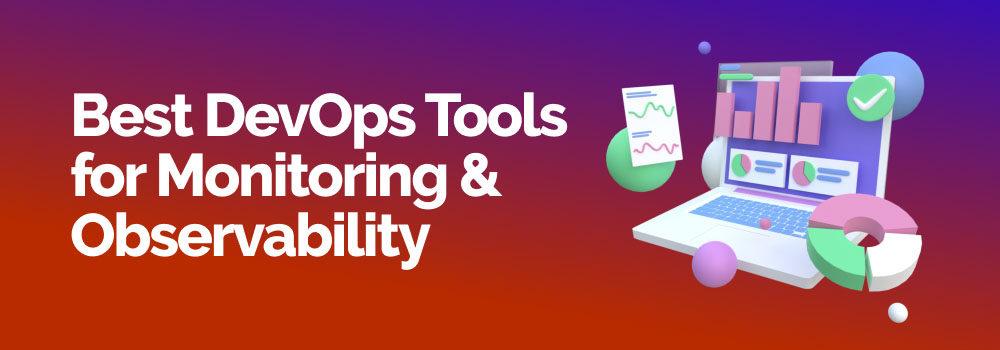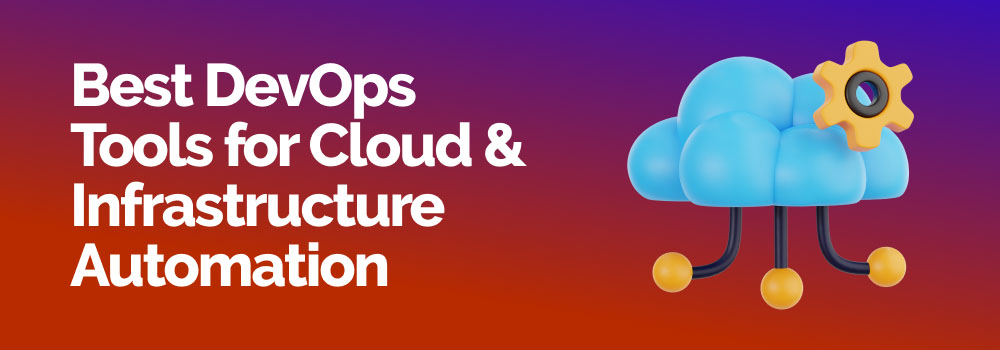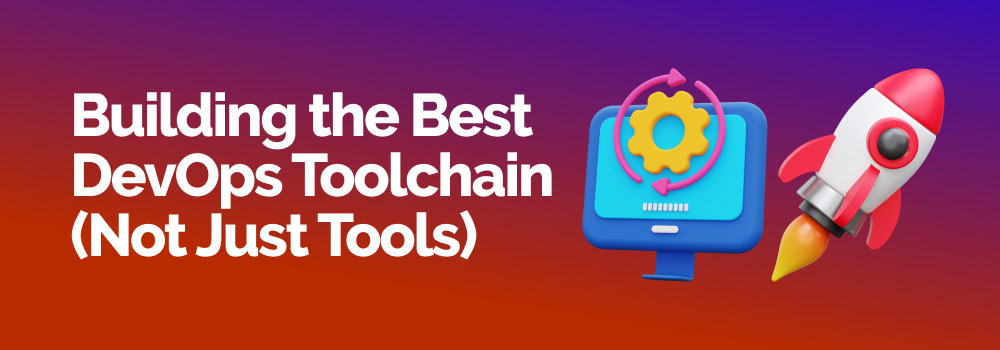Business Transformation, zBlog
Best DevOps Tools for Modern Software Teams: CI/CD, Monitoring, Security & Cloud
Team Trantor | Updated: December 24, 2025
Introduction: Why Choosing the Best DevOps Tools Matters Today
Modern software teams are under constant pressure to deliver faster, more reliable, and more secure software—without increasing operational risk or engineering burnout. In this environment, DevOps is no longer optional. It has become a foundational operating model for high-performing technology organisations.
At the heart of DevOps success lies one critical decision: choosing the best DevOps tools.
The right DevOps toolchain enables teams to automate workflows, reduce deployment failures, improve system reliability, and create a continuous feedback loop between development, operations, and the business. The wrong tools—or poorly integrated ones—can slow teams down, increase costs, and introduce security and compliance risks.
This guide provides a complete, up-to-date overview of the best DevOps tools for modern software teams, covering:
- CI/CD tools
- Monitoring and observability tools
- DevOps security (DevSecOps) tools
- Cloud and infrastructure automation tools
We also explain how to evaluate DevOps tools based on team size, maturity, cloud strategy, and business goals—so you can build a toolchain that actually delivers value.
What Are DevOps Tools?
DevOps tools are software platforms and services that support automation, collaboration, monitoring, security, and continuous delivery across the software development lifecycle.
The best DevOps tools help teams:
- Automate builds, tests, and deployments
- Monitor application and infrastructure health
- Detect failures early and respond quickly
- Secure code, pipelines, and cloud environments
- Scale software delivery efficiently
In the U.S. market, DevOps tooling has evolved rapidly due to cloud adoption, microservices, Kubernetes, and AI-driven observability.
How to Evaluate the Best DevOps Tools
Before reviewing specific tools, it is important to understand how to evaluate effectively.
Key evaluation criteria include:
- Integration with existing tech stack
- Cloud and Kubernetes compatibility
- Automation and scalability
- Security and compliance features
- Ease of adoption and learning curve
- Cost and licensing model
- Vendor support and ecosystem
There is no single “best DevOps tool” for every organisation. The best DevOps tools are those that align with your delivery model, architecture, and business priorities.
Best DevOps Tools for CI/CD (Continuous Integration & Continuous Delivery)

CI/CD tools are the backbone of modern DevOps practices. They automate code integration, testing, and deployment, enabling faster and more reliable releases.
Jenkins
Jenkins remains one of the most widely used CI/CD tools in the DevOps ecosystem.
Key strengths:
- Open-source and highly extensible
- Massive plugin ecosystem
- Works with almost any language or platform
Challenges:
- Requires ongoing maintenance
- Scaling and security must be managed carefully
Jenkins is often used by teams that need maximum flexibility and customisation.
GitHub Actions
GitHub Actions has become one of the best DevOps tools for teams already using GitHub.
Key strengths:
- Native integration with GitHub repositories
- Simple YAML-based workflows
- Strong ecosystem of prebuilt actions
Best for:
- Cloud-native teams
- Open-source and SaaS products
- Small to mid-sized DevOps teams
GitLab CI/CD
GitLab CI/CD offers an end-to-end DevOps platform.
Key strengths:
- Built-in CI/CD, security, and monitoring
- Strong DevSecOps capabilities
- Single interface for the entire lifecycle
GitLab is often chosen by organisations seeking toolchain consolidation.
CircleCI
CircleCI is a cloud-first CI/CD platform designed for speed and scalability.
Key strengths:
- Fast build performance
- Cloud-native architecture
- Strong container and Kubernetes support
Common use cases:
- SaaS companies
- High-velocity engineering teams
Best DevOps Tools for Monitoring & Observability

Monitoring and observability tools provide visibility into application performance, infrastructure health, and user experience.
Prometheus
Prometheus is a leading open-source monitoring tool for cloud-native environments.
Key strengths:
- Powerful time-series metrics
- Native Kubernetes integration
- Strong alerting capabilities
Prometheus is often paired with Grafana for visualisation.
Grafana
Grafana is one of the best DevOps tools for metrics visualisation.
Key strengths:
- Supports multiple data sources
- Highly customisable dashboards
- Strong community support
Datadog
Datadog is a comprehensive monitoring and observability platform.
Key strengths:
- Infrastructure, APM, logs, and security in one platform
- Cloud-scale monitoring
- AI-driven anomaly detection
Datadog is widely adopted by U.S. enterprises operating at scale.
New Relic
New Relic focuses on full-stack observability and application performance monitoring.
Key strengths:
- Deep application insights
- User experience monitoring
- Strong support for microservices
Best DevOps Tools for Security (DevSecOps)

Security is now a core part of DevOps. The best DevOps tools integrate security throughout the pipeline.
Snyk
Snyk is a popular DevSecOps tool for identifying vulnerabilities.
Key strengths:
- Open-source dependency scanning
- Container and IaC security
- Developer-friendly workflows
Aqua Security
Aqua focuses on cloud-native and container security.
Key strengths:
- Kubernetes and container protection
- Runtime security
- Compliance and policy enforcement
HashiCorp Vault
Vault is widely used for secrets management.
Key strengths:
- Secure storage of credentials and secrets
- Integration with CI/CD pipelines
- Strong enterprise security controls
Best DevOps Tools for Cloud & Infrastructure Automation

Terraform
Terraform is one of the most widely adopted infrastructure-as-code tools.
Key strengths:
- Multi-cloud support
- Declarative infrastructure management
- Strong ecosystem
Terraform enables repeatable, auditable infrastructure provisioning.
Ansible
Ansible simplifies configuration management and automation.
Key strengths:
- Agentless architecture
- Easy-to-read YAML syntax
- Strong automation capabilities
Kubernetes
Kubernetes is the de facto standard for container orchestration.
Key strengths:
- Scalability and resilience
- Cloud-agnostic deployments
- Strong ecosystem and community
Kubernetes underpins many modern DevOps toolchains.
Building the Best DevOps Toolchain (Not Just Tools)

One of the biggest mistakes organisations make is focusing on tools instead of toolchain design.
The best DevOps tools deliver results only when:
- Processes are clearly defined
- Teams are trained and aligned
- Automation is implemented thoughtfully
- Metrics focus on outcomes, not activity
High-performing teams continuously evaluate and refine their DevOps tooling as systems and business needs evolve.
Real-World DevOps Toolchain Example
A mid-size U.S. SaaS company modernised its delivery pipeline using:
- GitHub Actions for CI/CD
- Terraform for infrastructure provisioning
- Kubernetes for deployment
- Prometheus and Grafana for monitoring
- Snyk for security scanning
The result:
- 40% faster release cycles
- Fewer production incidents
- Improved developer productivity
Frequently Asked Questions (FAQs)
What are the best DevOps tools?
The best DevOps tools depend on team size, cloud strategy, and delivery goals. Popular choices include Jenkins, GitHub Actions, GitLab CI/CD, Terraform, Kubernetes, Datadog, and Prometheus.
Are DevOps tools cloud-specific?
Many DevOps tools are cloud-agnostic, but cloud-native environments benefit most from tools designed for Kubernetes and microservices.
How many DevOps tools does a team need?
Fewer, well-integrated tools are better than a large, fragmented toolset.
Is DevSecOps mandatory?
For modern software teams, integrating security into DevOps is essential to reduce risk and meet compliance requirements.
Conclusion: Implementing the Best DevOps Tools with Confidence
Choosing the best DevOps tools is not about following trends or copying competitors. It is about building a delivery ecosystem that supports reliability, speed, security, and long-term scalability.
The most successful organisations treat DevOps tooling as a strategic capability, not just an engineering decision. They align tools with processes, invest in automation, and continuously improve based on real-world performance data.
At Trantor Inc. (https://www.trantorinc.com/), we help organisations design, implement, and optimise modern DevOps toolchains tailored to their technology stack and business goals.
From CI/CD pipelines and cloud automation to monitoring, security, and platform engineering, we work with teams to ensure DevOps tools deliver measurable impact—not just technical complexity.
If your organisation is evaluating or modernising its DevOps strategy, the right tools—implemented the right way—can become a powerful competitive advantage.





